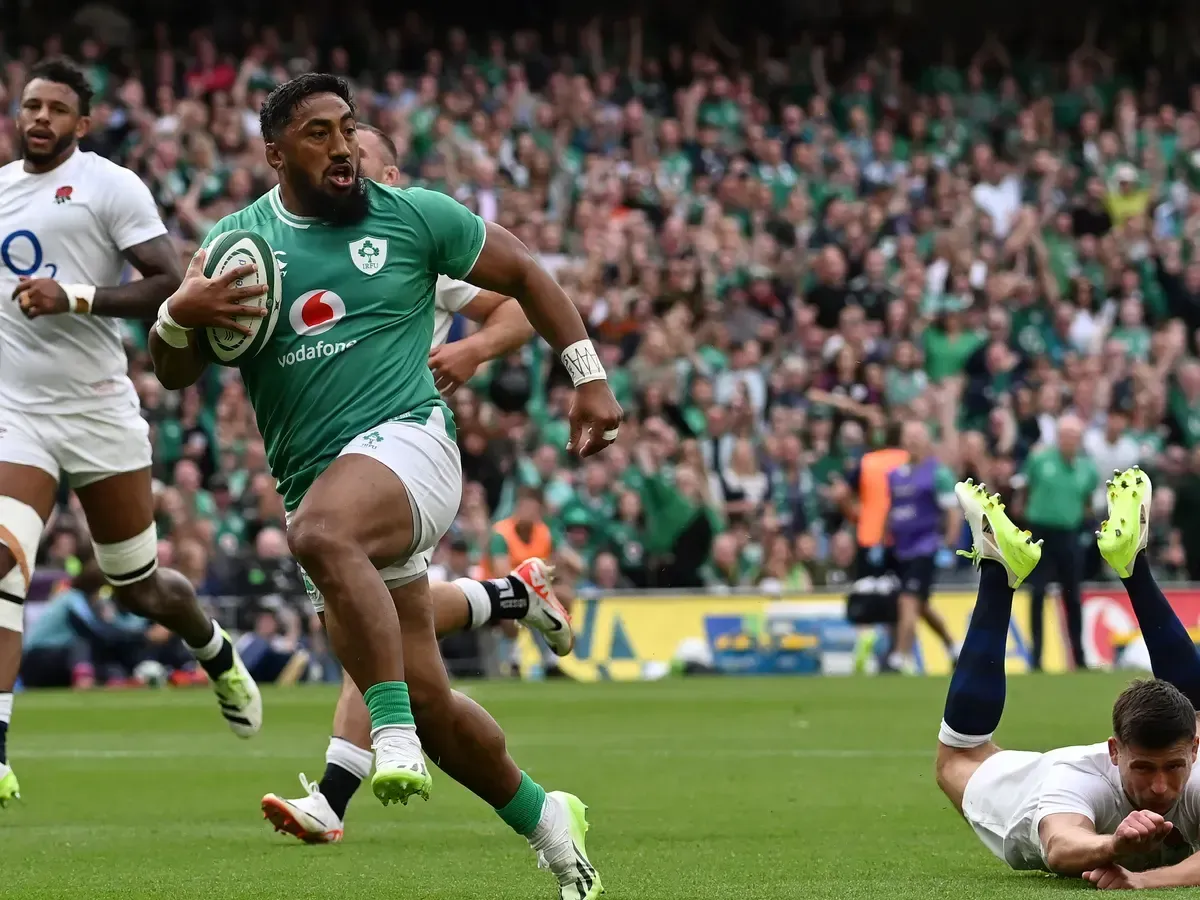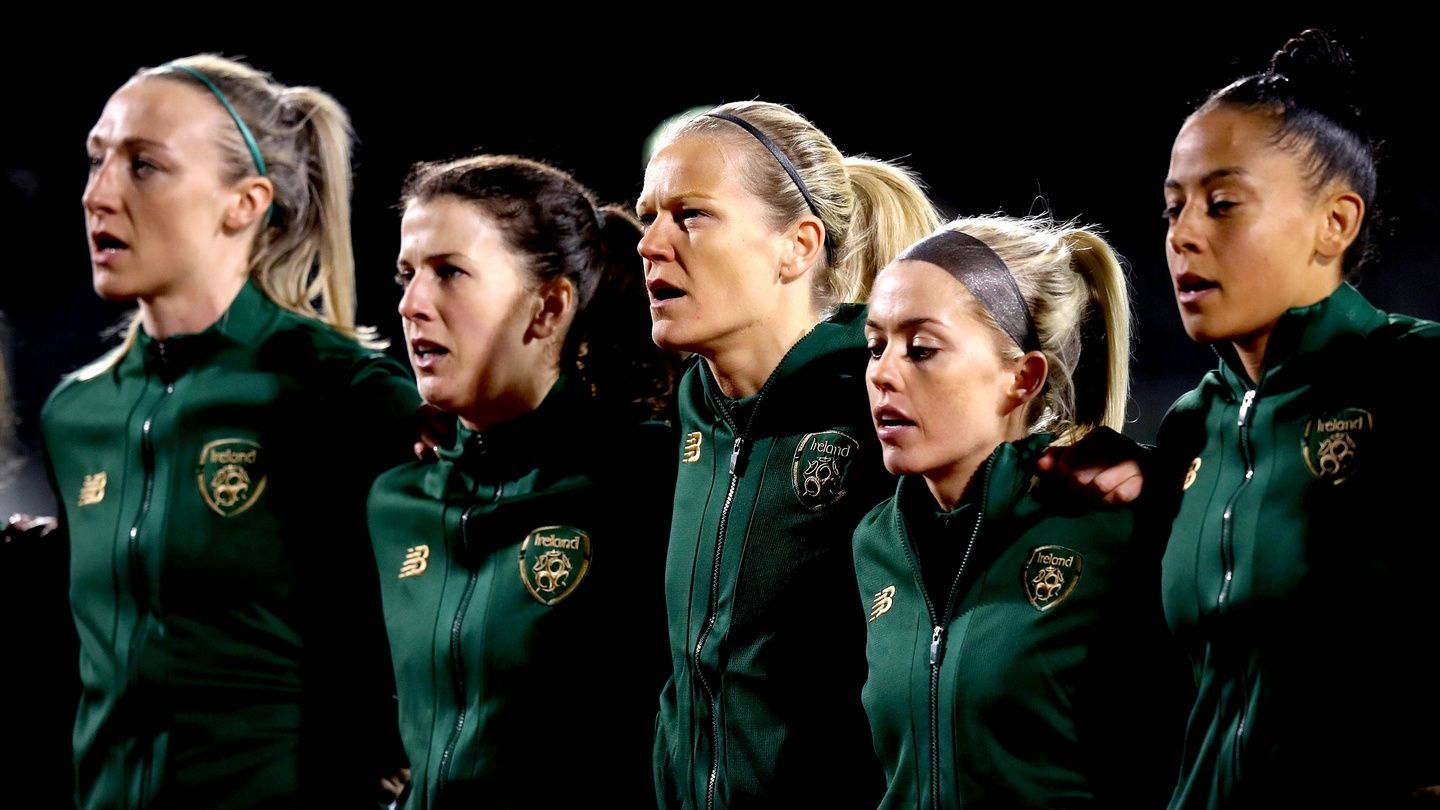Leadership Lessons from Team Sports.
I have a personal and professional passion for leadership which is also an integral part of what we do in Toastmasters, a hobby of mine for the last 20 years which boasts the tagline, ‘Where leaders are made’. Last weekend I began to wonder if effective leadership might be more easily conceptualized if we consider it as a team sport.

What a wonderful weekend last weekend was for Ireland in the 2023 Rugby World Cup, taking on and beating South Africa in an intense, nail-biting game. This weekend, I also watched my son, a naturally quiet and shy boy, step up to proudly, lead his hurling team to victory. The team captain, a role that can alternate from match to match, provides guidance, motivation, and clear direction to the team. Although the captain leads out the players, distributed leadership is quite clearly, a lived reality on the field for all involved. Seeing my own children and students involved in sports over the years, I have seen how they can learn, develop and practice leadership skills by playing and following team sports. So, last weekend, as I immersed myself in a weekend of sport, it occurred to me that team sports, such as rugby and hurling, may demonstrate to us what distributed leadership truly looks like.
For a start, on the playing field, the goal is simple, very clear and visible. Every player wants to play the best game their team can, take their scores and win. Although from different positions on the field, teammates work together sharing and passing the proverbial responsibility, the ball, to progress towards that goal. Sometimes the team retreats to support a teammate in trouble or to protect their line. Sometimes, when an opportunity and a gap presents, individual players have the courage to act and run through it, encouraged, supported and cheered on by their teammates. Sometimes they visibly push one another forward and lift teammates to new heights in the lineouts. "A leader is one who knows the way, goes the way, and shows the way” (John C. Maxwell) but doesn’t always have to be out in front.
The coaches, an added layer of leadership, provide guidance and coaching to team members, helping them to develop their skills, confidence and reach their full potential. Players play from positions of strength, each contributing and supporting one another to contribute to the team’s move forward. They don’t play a forward in backs or a back in forwards. There’s an awareness that focusing on the power of complementary strengths can give sports teams (and work teams alike) the best chance of having the leaders they need for the near- and longer term.
Coaches and trainers on the sidelines, having the opportunity to read the game from another, slightly more objective perspective, can guide, advise and steer. Coaches know and show that as leadership guru and bestselling author Simon Sinek points out, "Leadership is not about being in charge. It is about taking care of those in your charge." Skillfully working to turn talented individuals into a cohesive, high-performing team, coaches boost morale, and foster a positive team spirit, culture and work environment. They deliver the most relevant pep talk, training and support for their team and individual team members, at that time.
The fans see something of themselves in the players and they connect. Seeing players as role models of human potential, their example is something supporters can aspire to. The team knows they play for the fans; their hopes, their dreams, their expectations, and the support of the fans in turn spurs players on. What the fans see on the playing field is the result of days, months, and perhaps years of commitment, practice, training and strategic planning.
Teams joyfully celebrate their successes together and even sometimes cry out their disappointments side by side and ‘shoulder to shoulder’, learning from defeat and rising stronger together to play another day. They face and overcome challenges together. Players seem to put their lives on the line because of the passion and belief they have in the purpose of the job at hand.
On the field, clear communication skills are important and necessary. Mental resilience is key and the wellbeing of the individual and collective is paramount. Individual teammates become stronger when they know where, when and how they can depend on one another and trust they are not alone. They are buoyed up and motivated by a sense of unity and common purpose.
As we saw from the Ireland v South Africa game last weekend, multiple tries are not always required to ensure a classic game and secure the win. Sometimes it’s about keeping the challenges at bay and taking the opportunities when they arise. Rugby, in particular, shows us that it’s not always about moving forward but sometimes moving back, not just what is scored but what isn’t conceded.
While work teams and school staff teams may not have an opposing team to contend with when they step out onto the field of play, they do have to absorb, weather and tackle various challenges ‘en route’ to reaching their goal. A ‘try’, ‘conversion’, ‘dropping the ball’ and ‘putting together a game plan’ may also be apt analogies for approaching tasks. When a new member joins our staff, what if instead of saying “Welcome to the staff,” we say, “Welcome to the team”. A subtle difference that might just communicate a more concrete perception of the role at hand.
From team sports we learn that:
· we all succeed when the team succeeds
· we all have a part to play albeit from a different position and area of strength
· we can all step up to take the lead when required, supported and encouraged by teammates
· adaptability to rapidly changing environments and conditions is important
· when we “lose”, we learn, regroup and come back stronger next time with a focus on progress and improvement
· the best team leaders and members know each other’s talents as well as their own and can build on them in order to help their team and organization succeed
· ‘teamwork makes the dream work’.
Rugby and hurling, both physically and mentally demanding sports in different ways, are both also examples of effective leadership and rigorous teamwork, providing valuable insights, I believe, into the dynamics and potential of distributed leadership. These and other team sports can demonstrate many leadership lessons for us, such as: strong communication skills, the ability to make crucial decisions under intense pressure, strategic thinking, motivation of others, vision, belief, individual and collective ownership and accountability, collaboration and courage to act. A solid and unified team spirit in sport, as in life, is often the game-changer.
Finally, teams don’t stop playing when they experience a defeat. They use defeats as opportunities for learning and growth. They analyze their team's performance, acknowledge and build on their strengths, identify areas for improvement, and inspire their teammates to bounce back stronger, together. Perhaps, team sports might just enable us to better understand and visualize the lived reality of distributed leadership, knowing how to stand ‘shoulder to shoulder’, when, where and how to pass the ball for the good of the team and when to ‘go for it'.


